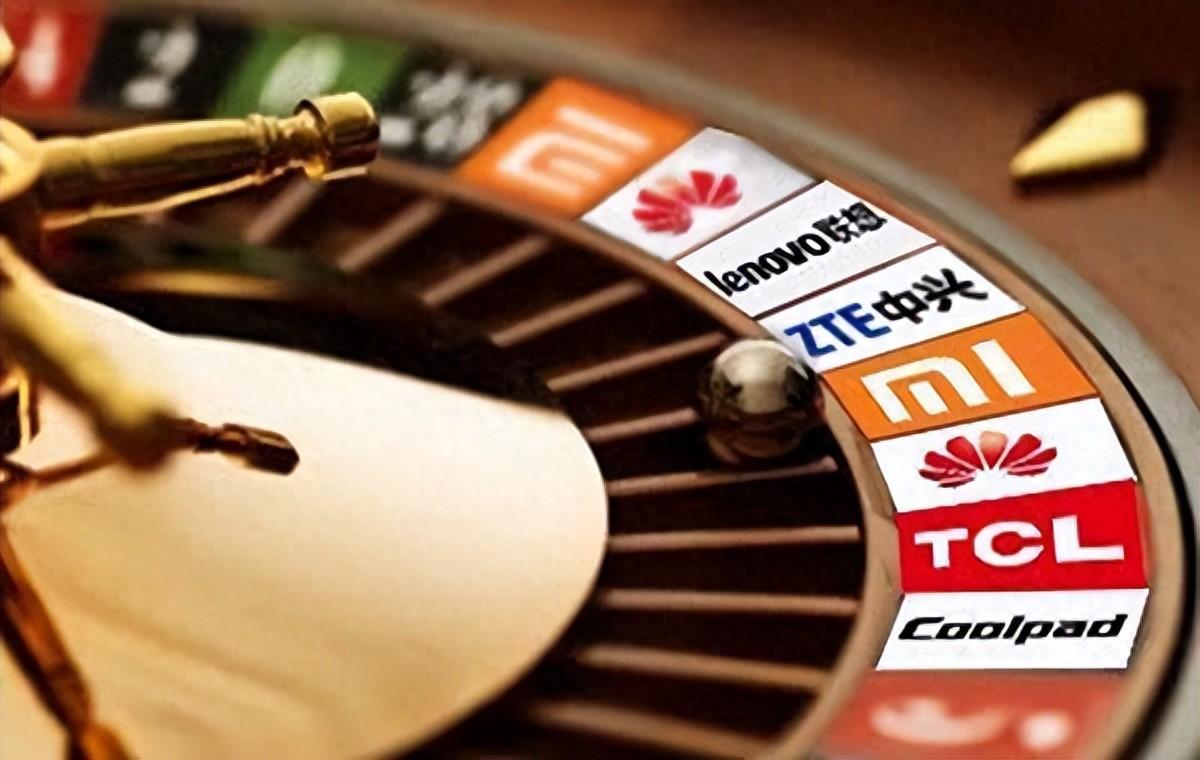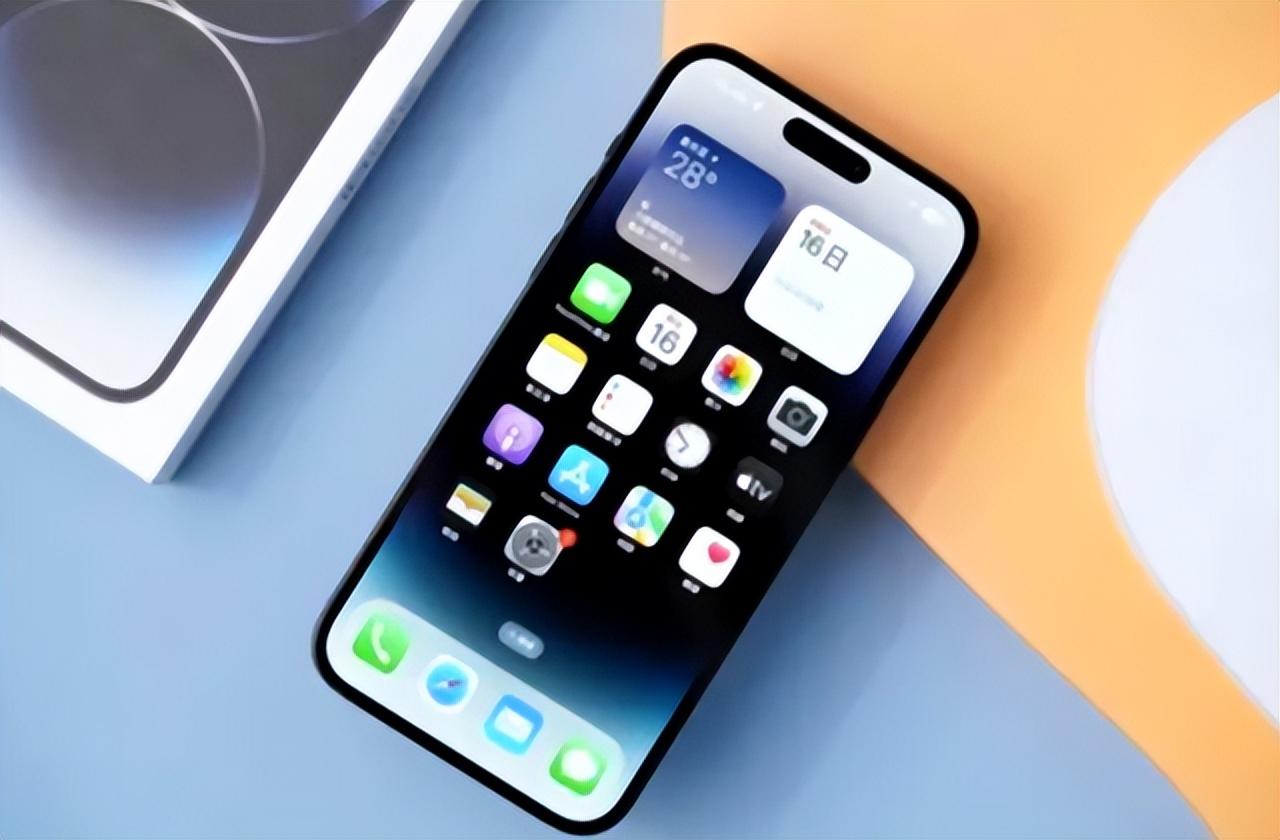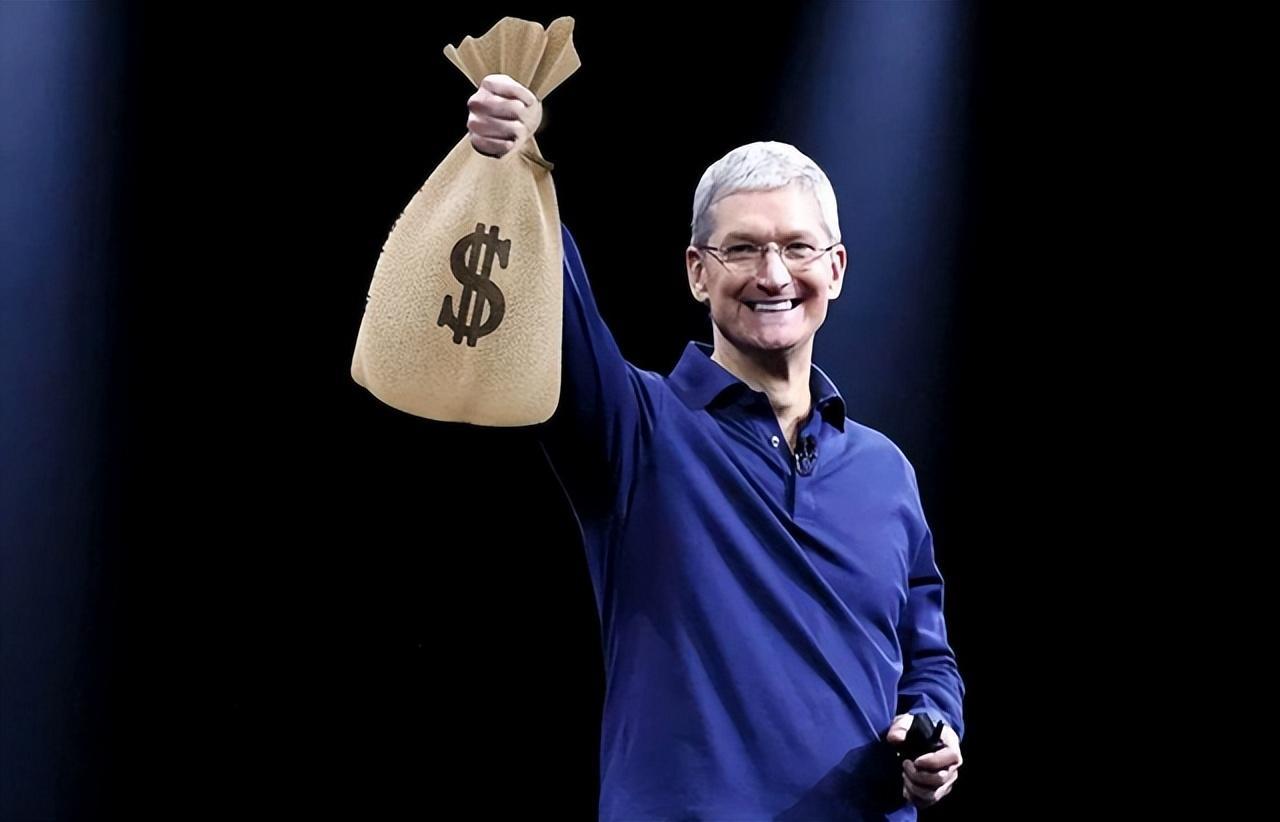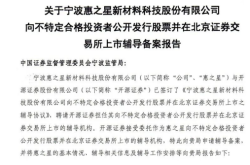Apple charges a 30% commission, while domestic mobile phones charge a 50% commission
![]() 09/04 2024
09/04 2024
![]() 532
532
As Apple's 30% commission has been hyped, there are increasingly more complaints about Apple. However, no one seems to be talking about the 50% commission charged by domestic mobile phones, and some people even defend them, arguing that users have the freedom to choose. Yet, they forget that domestic mobile phone manufacturers have formed a Hardcore Alliance to jointly charge a 50% commission. Trying to escape? No way!

Domestic mobile phones lag behind Apple not only because they charge a higher commission but also because of their overbearing behavior. Almost all domestic mobile phone manufacturers are part of this Hardcore Alliance, making it virtually impossible for app developers to bypass them when pushing their apps to consumers. If they refuse to cooperate, their apps will have little chance of reaching users.
Domestic mobile phones are even greedier than Apple in that they insert too many ads into their devices. These ads are pervasive, even infiltrating consumers' bank SMS messages, making users feel unsafe. Professionals have even compiled tutorials on how to disable various ad push notifications from mobile phone manufacturers, only to find that there are over a dozen ways they use. Even professionals need a microscope to locate all these ad pushes.
Due to the overbearing and greedy behavior of domestic mobile phones, not only are young people opting for iPhones, but they're also buying them for their elderly family members. This is because some ads on domestic mobile phones can easily lead to accidental clicks and financial losses, especially for seniors who are less familiar with their devices.
In contrast, Apple's 30% commission is not only lower than that of domestic mobile phones, but its App Store also rigorously reviews all apps. Many well-known domestic internet companies have had their apps removed from the App Store for excessive permission requests. Apple's commitment to protecting consumer rights has earned it high loyalty among fans, who rarely switch to domestic mobile phones after becoming accustomed to Apple's ecosystem.

In fact, many of Apple's practices in China are modeled after those of domestic mobile phones. Critics of Apple's high commission rates should also note that domestic mobile phones charge even higher commissions. Similarly, those who complain about Apple's higher commission rates in China compared to Europe should know that domestic mobile phones do the same. Domestic mobile phones charge a 50% commission in China but only 30% in overseas markets, making it difficult for them to morally criticize Apple.
In terms of after-sales service, Apple is also taking cues from domestic mobile phones. In China, Apple now only offers warranty service instead of device replacement, unlike in overseas markets where it does offer replacements. Even the popular factory repair service offered by domestic mobile phones is now being adopted by Apple, much to the dismay of many consumers who find the lengthy repair times (often 2-3 months) unacceptable.
Apple's decision to adopt some of these practices is also influenced by scalpers. Early on, Apple offered device replacement services in China, which scalpers exploited by acquiring faulty phones and exchanging them for working iPhones at Apple stores, profiting from the significant price difference. This led Apple to discontinue the replacement service in China. However, with domestic mobile phones as a fallback option, Apple is confident that consumers will still choose its products.
Without domestic mobile phones offering inferior services and higher prices than Apple, consumers would naturally turn away from Apple. But with domestic mobile phones setting the bar low, and sometimes even providing worse services and higher fees than Apple, consumers are left with no choice but to opt for Apple, contributing to its high market share in China.

As for the ongoing debate in the media, it's unlikely to sway either party involved. This is a significant business opportunity, and the true essence of business is cooperation and mutual benefit, not sabotage. It's in both parties' best interests to reach an agreement before the launch of the iPhone 16. However, Apple may not lower its commission rates as much as some expect.



